
Caregivers sometimes unaware of support available
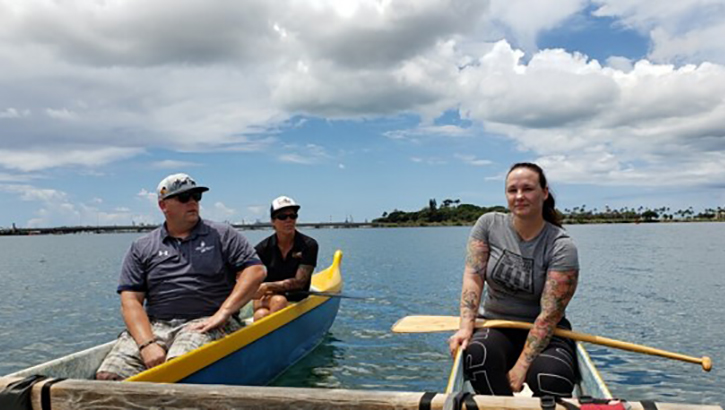
Caregiver Stacey Rivera and Navy Wounded Warrior staff canoe around Joint Base Pearl Harbor Hickam during the Military Caregiver Workshop. (Photo by Gabrielle Arias, Peer Support Coordinator, DHA Recovery Care Program, San Diego)
Friday, Feb. 21 is National Caregivers Day. This day is observed on the third Friday of each February to recognize and honor caregivers who deliver a variety of personal, medical, or military care services.
The military departments and Defense Health Agency provide a variety of resources to support the caregivers of wounded, ill, or injured service members. Hawaii-based caregiver Stacey Rivera received support and learned new coping and self-care skills through DHA’s Recovery Coordination Program.
At the time, Rivera was a senior enlisted active duty Army service member. She became a caregiver after a motorcycle accident suffered by her husband on a highway on the island of Oahu. Severe injuries to his brain, spine, back, and legs resulted, requiring a lengthy stay in the hospital.
Over the next year and a half, Rivera stood by his side. She became, as she put it, “everything to him, his therapist, his life coach, his nurse, his financial manager” as well as “his best friend and wife.” At the same time, she balanced her Army career. She lacked time for self-care or to “even slow down” and think about anything other than his needs. The severity of his injuries made multiple spinal fusions necessary.
Personalized Experiences, Engagement, and Resources (PEER) Support Coordinator Gabriella Arias assisted Rivera with follow-up. They had met at the regional quarterly Military Caregiver Workshop, which focuses on self-care and caregiver resources. There, Rivera learned new coping and self-care skills from Operation Family Caregiver. The skills included canoeing, pottery painting, and practicing yoga and meditation.
In her role as a PEER support coordinator, Arias checks in with Rivera weekly. It’s one of many roles for a PEER support coordinator. They assist in holding military caregiver PEER forums and other outreach activities. They identify and report on gaps in support. They also assist in finding information on military caregiver support services, and act as the point of contact for the region.
In the Recovery Coordination Program, Rivera learned she has a support network to meet her needs as a caregiver. The workshop gave her tools for coping along with much-needed support. She was also made aware of other resources, such as the Caregiver Resource Directory and the National Resource Directory (NRD). She now knows she can reach out at any time to battle isolation and seek the help she deserves.
Learn more at the Warrior Care and National Resource Directory websites.
From call centers to advanced prosthetics, R&D aids wounded warriors
Article
11/26/2019

DHA’s Research and Development Directorate continues to innovate health care for current and former service members
Navigating the road to recovery through the healing arts
Article
11/25/2019
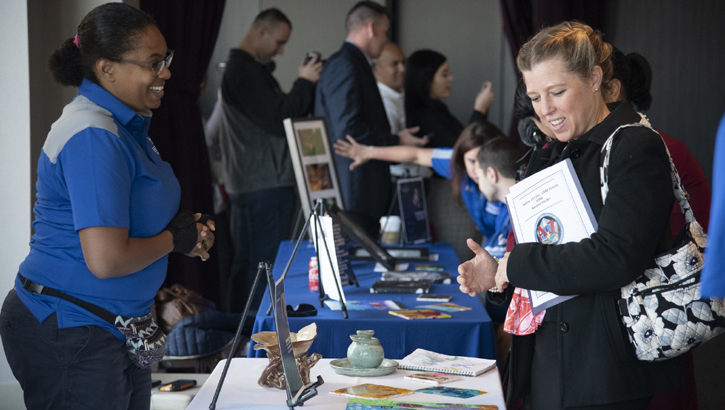
“A Day of Healing Arts” showcases the talents of service members
Warrior Care means more than expert medical treatment
Article
11/19/2019
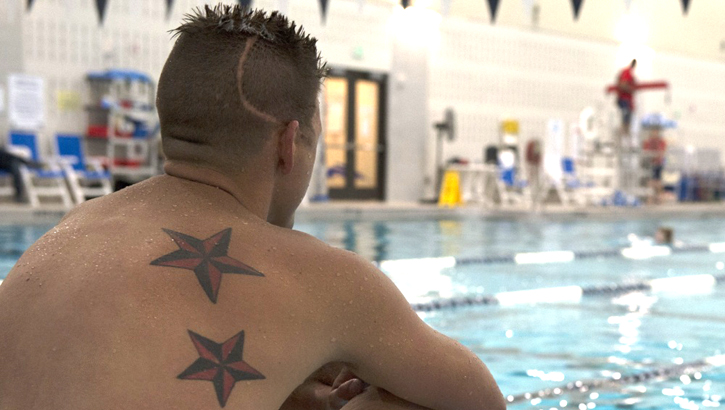
Recovery care coordinators ensure non-medical resources, family support
Warrior Care Month: Supporting the strength, resilience of service members
Article
11/14/2019
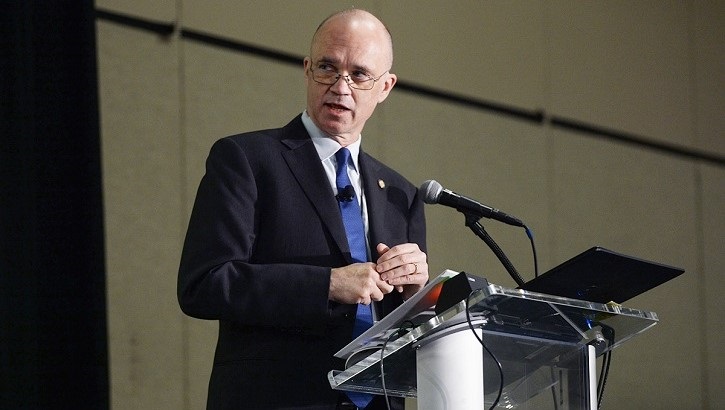
Journey to recovery, rehabilitation is a collective effort
Getting creative: Reducing opioid use for returning warriors
Article
11/5/2019
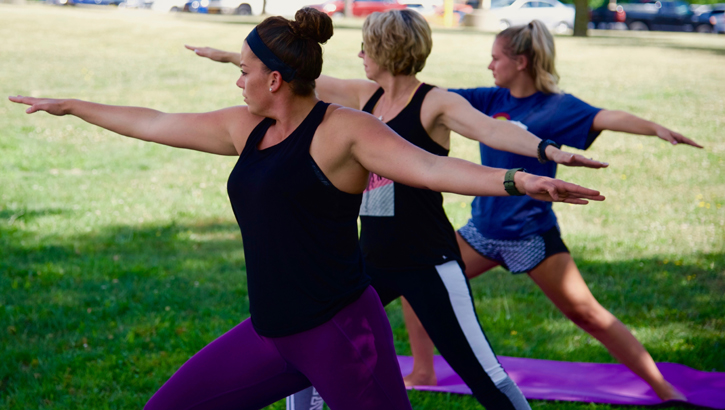
With the rise in opioid-related drug abuse and death, the Military Health System looks to complementary pain management treatments
Warrior Care Month Recognition
Policy
This memorandum from Mr. Thomas McCaffery, the Assistant Secretary of Defense for Health Affairs, officially recognizes November as Warrior Care Month, an important Department of Defense (DoD)-wide effort to increase awareness of programs and resources available to wounded, ill, and injured Service members, as well as their families, caregivers, and others who support them.
- Identification #: N/A
- Date: 10/25/2019
- Type: Memorandums
- Topics: Warrior Care
Soldier self-amputates leg to aid battle buddies
Article
10/9/2019
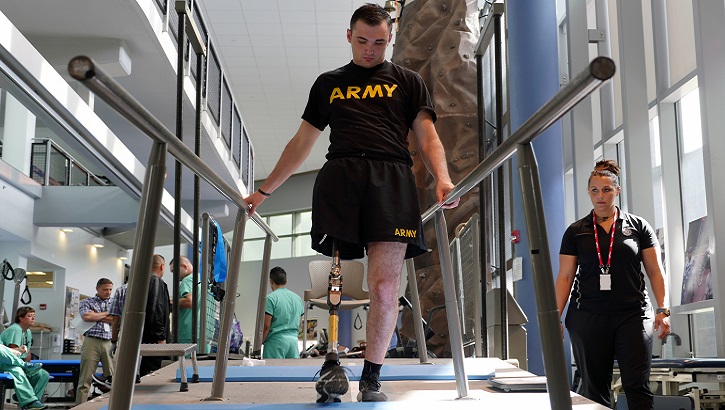
If I didn't help myself, my crew, no one was going to
Wounded Warrior Policy Review
Congressional Testimony
8/23/2019
H.R. 5515, NDAA Conference Report for FY 2019, 115-874, Sec. 717
Real Warriors campaign breaks barriers to psychological health care
Article
8/14/2019
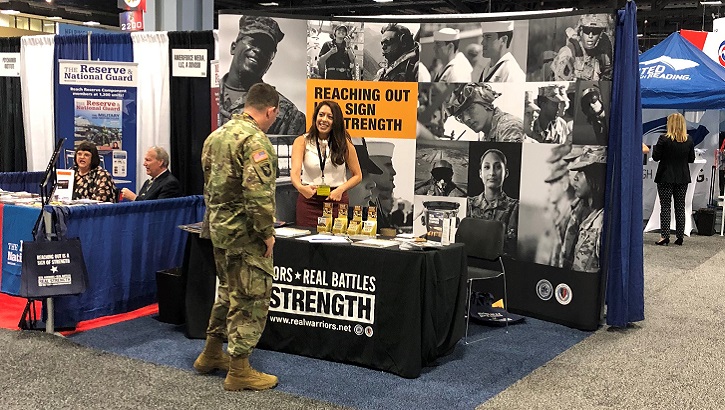
Real Warriors has connected with more than three million people in the past decade
DoD Compensation and Benefits Handbook for Wounded, Ill, and/or Injured Service Members
Article
8/6/2019
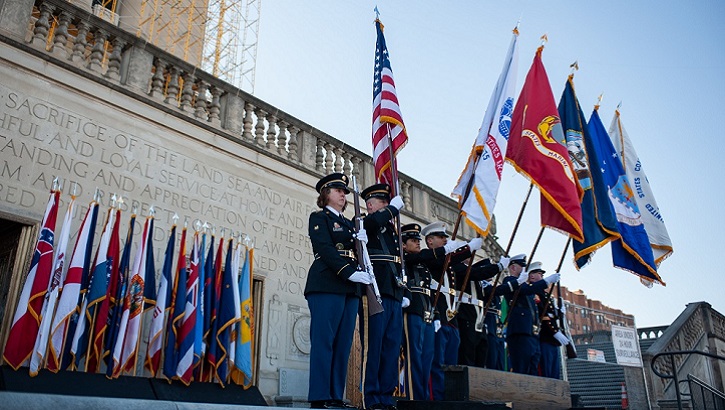
The 2019 edition includes changes to DoD disability compensation, TRICARE health plans, education benefits, and more
DoD Compensation and Benefits Handbook
Publication
7/16/2019
The purpose of this handbook is to provide Service members and their support networks with a reference guide to answer some of the most pressing questions that arise for wounded, ill, and/or injured Service members.
Dr. Cordts welcomes regional coordinators to training
Article
5/13/2019
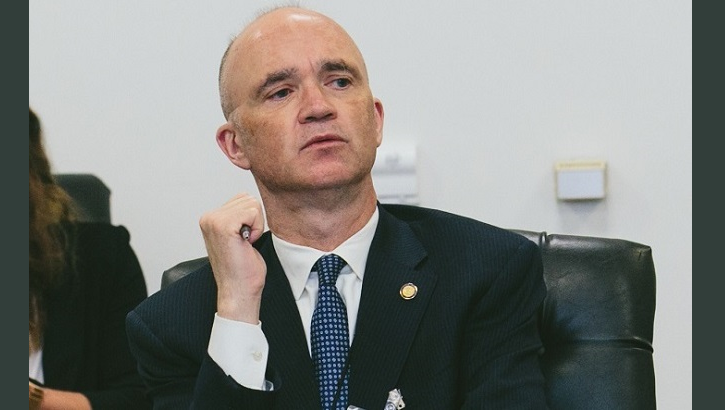
Programs and organizations that build relationships for service members and caregivers are critical
Breaking the pain cycle
Article
4/9/2019
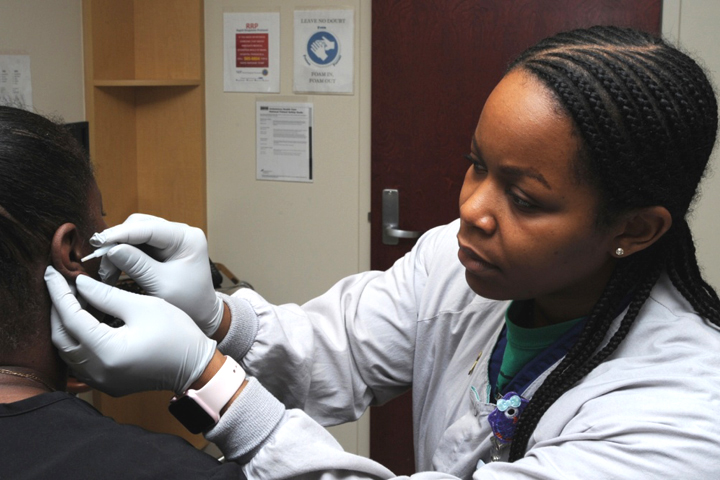
Live in agony or risk addiction? MHS pain management initiatives offer options
Fourth annual Warrior Care in the 21st Century Symposium forges path ahead
Article
1/4/2019
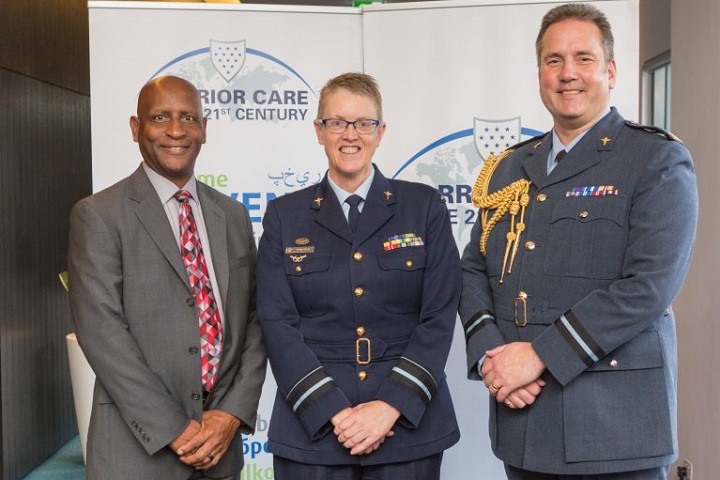
The WC21 coalition facilitates global sharing of best practices and lessons learned in medical and non-medical military health care
Resiliency as part of the healing process
Article
11/21/2018
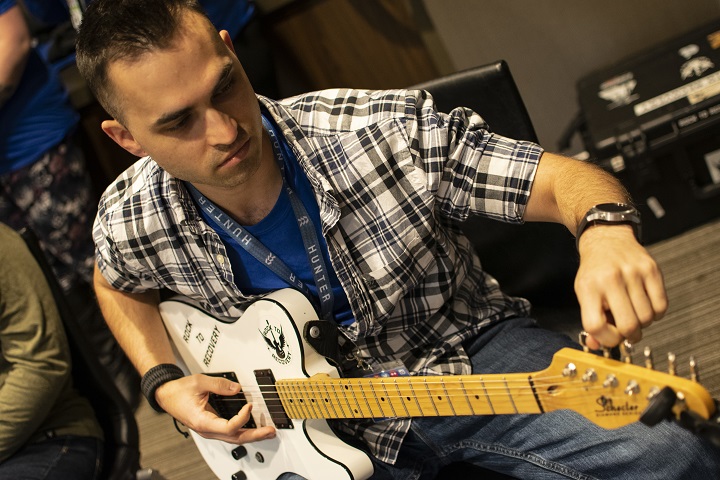
The Air Force Wounded Warrior Program kicked off its Northeast Region Warrior CARE Event at the National Harbor


































No hay comentarios:
Publicar un comentario